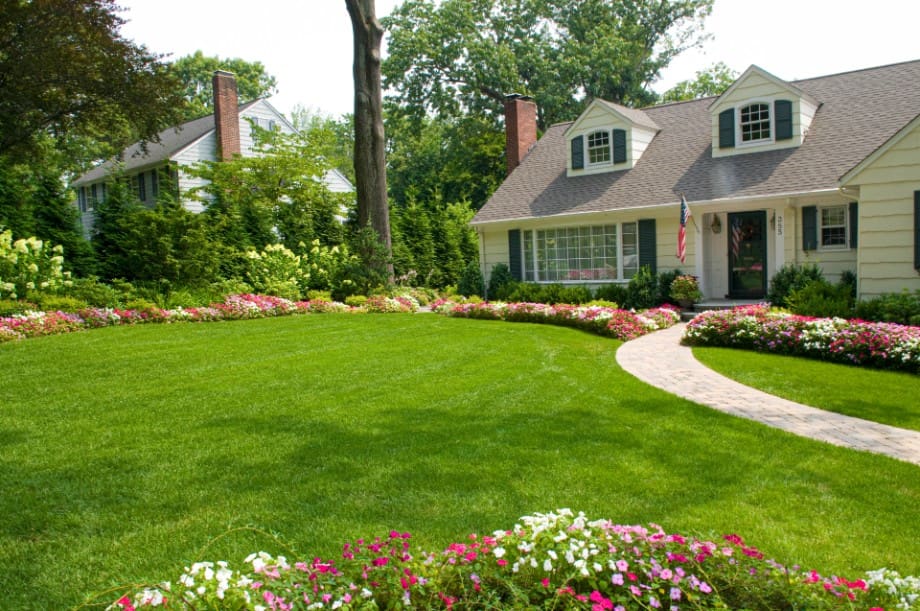
Your Guide to Natural Chinch Bug Control is Here
If your lawn is riddled with brown or yellow dying patches, even after regular watering, you may be in need of natural chinch bug control. Chinch bugs can devastate grass lawns, especially if the season is particularly dry and hot.
However, there is good news! These lawn pests can be managed naturally through integrative management. Here we’ll tell you all you need to know, from how to spot chinch bugs to how to make sure they never become a problem in the first place.
Borst Landscape & Design’s organic lawn care services are a safer way to keep your lawn and your family healthy. The Borst approach works in concert with nature’s system of built-in checks and balances. It’s better for your grass, better for your family, and even better for your pets. Our services are fully customizable and can include natural chinch bug control.
Want to know more? Get in touch with Borst today to speak with our lawn care experts!
Call (201) 785-9400 or fill out our easy online contact form.
Identifying Chinch Bugs
Throughout the United States several varieties of chinch bugs can be found. What they all have in common is that they are usually found on dry, sunny lawns during the height of the growing season. They do the most damage from June to August or into early September when it’s really warm or dry.
One sign you have a chinch bug problem is a lawn that looks like a patchwork quilt of yellow spots or brown dying lawn areas in the sunniest spots, especially if they are spreading across the lawn despite watering.
You can also look for the presence of the bugs themselves. On a sunny day, look at the base of your grass plants in a green area next to a dead patch.
Adult chinch bugs measure about a quarter of an inch long and can be gray, black, or brown depending on the species. The most recognizable feature is white wings folded across their backs, making an hourglass shape.
Nymphs, or immature chinch bugs, are bright-red with a single white stripe across their bodies. They feed on tender grass roots just below the surface of the ground. Once they mature they feed on the grass blades. They can devastate a lawn, especially if it’s already struggling under drought conditions.
Life-Cycle
Don’t underestimate these prolific bugs. What might start out as just a few pests in a square foot of grass can quickly become a major problem.
That’s because females lay eggs in the grass beginning in late spring or early summer. One bug can lay up to 500 eggs, which mature in just a few weeks. This gives them time to hatch a second generation to continue feasting on your lawn before the summer is through.
On particularly dry, sunny, or thatchy lawns, it’s a good idea to plan for natural chinch bug control before they have a chance to get comfortable.
Natural Chinch Bug Control
As with most landscaping problems, it is far better to prevent the problem from arising in the first place. Preventive measures for natural chinch bug control are part of an integrative approach to lawn care and pest management that is organic and works with nature.
For natural chinch bug control, your lawn needs to be an unwelcoming place for them so they never settle in to lay their eggs in the first place. This can mean:
- Eliminating dryness through proper irrigation
- Removing thatch through regular dethatching
- Introducing beneficial insects like ladybugs
Additionally, Borst offers a direct chinch bug treatment, applied once in the late spring/early summer. Heavy infestations can kill a complete lawn in just a few days, so it’s important to take a proactive approach.
Borst is your partner for natural lawn care
When it comes to a healthy lawn and natural chinch bug control, Borst has the best solutions. We use a natural, biological approach instead of using hazardous chemicals and sprays to keep your lawn healthy and family free from chemicals.
Reach out today to speak with our lawn care experts! Call (201) 785-9400 or fill out our easy online contact form.
